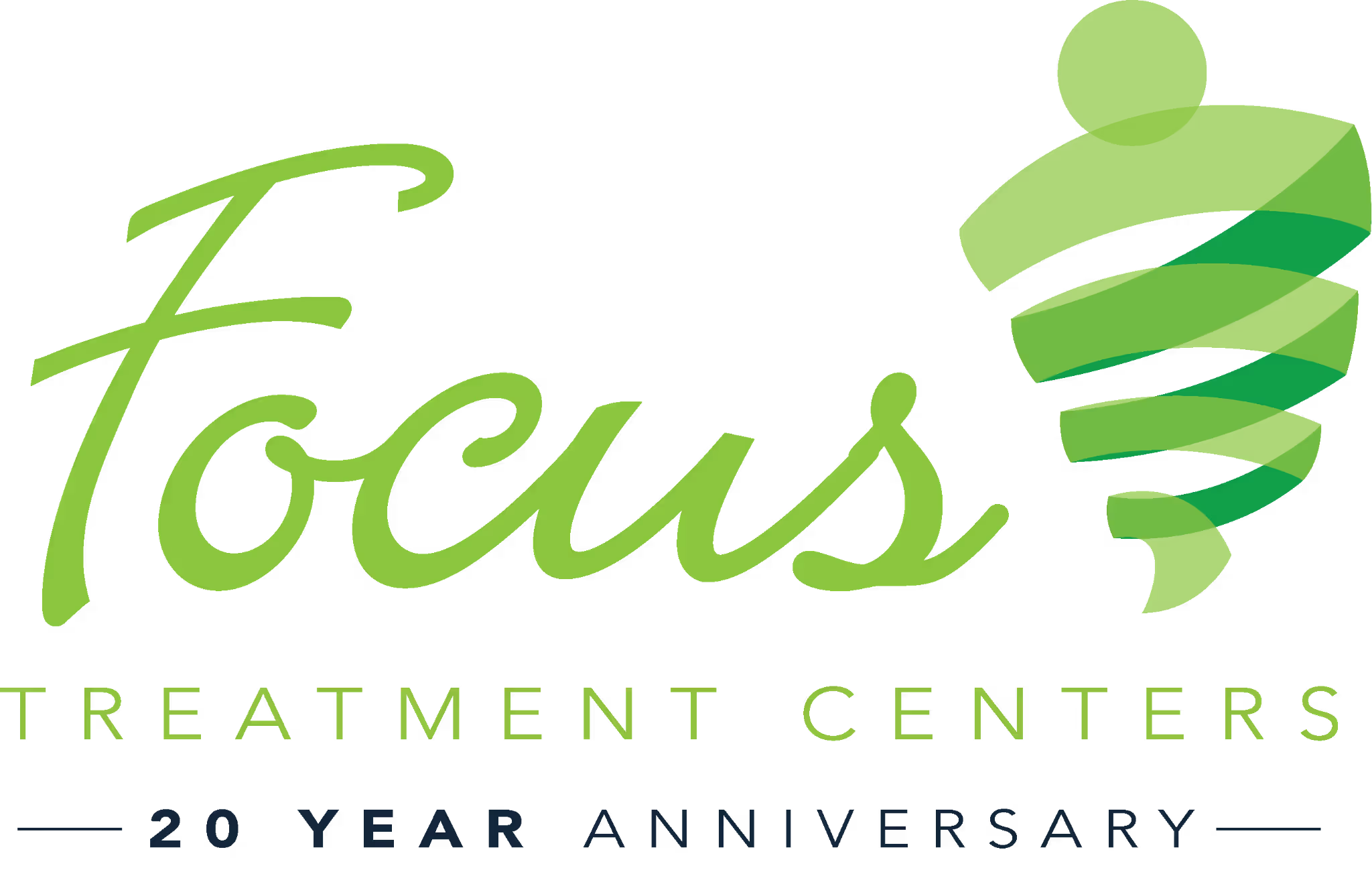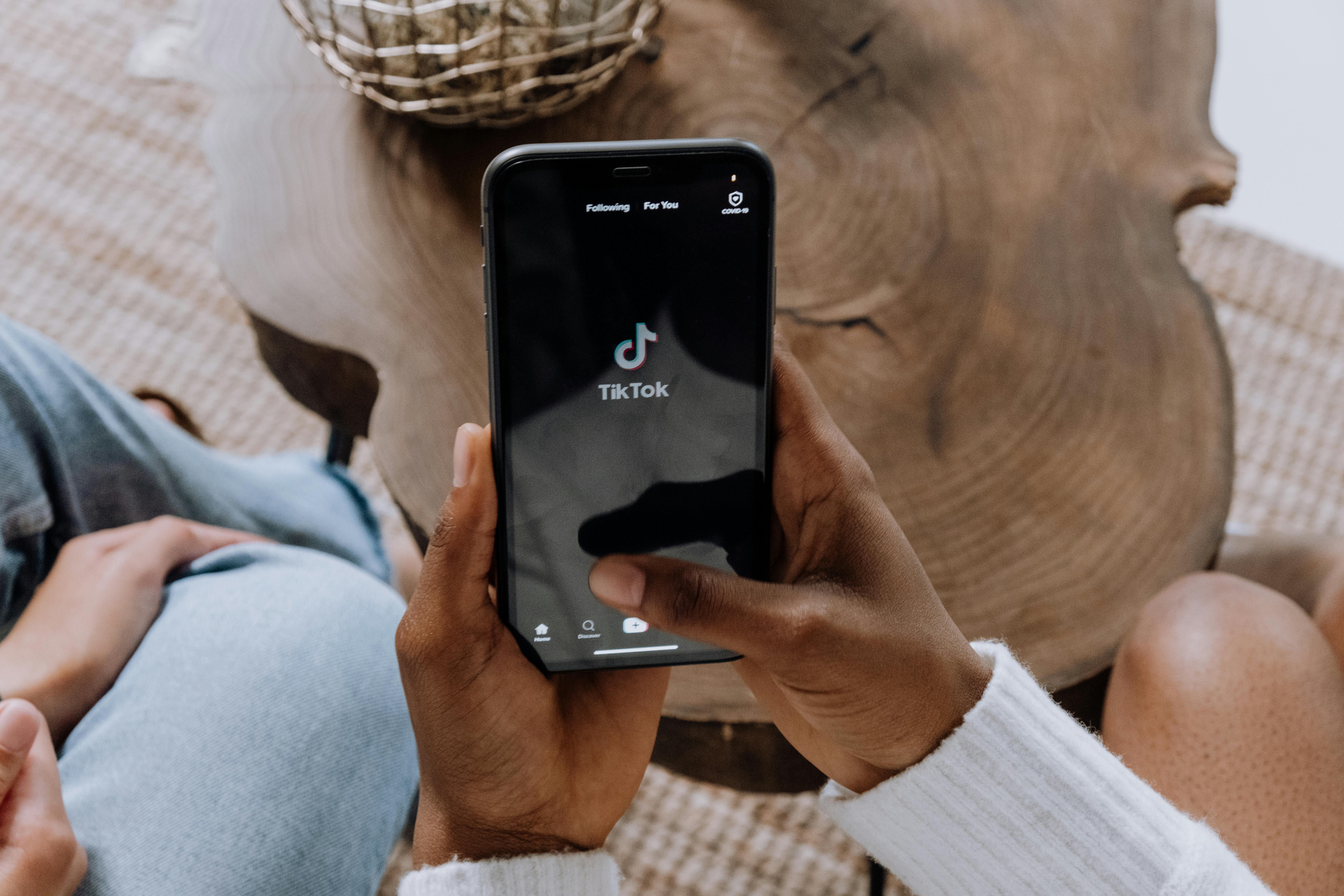We’ve said it before, and we’ll say it again. Diet culture is everywhere you look. We live in a social media obsessed world that shines the spotlight on “healthy lifestyles.” Influencers are paid to promote their clean eating habits, detox teas, and strict workout regimens so that you, too, can achieve similar results. It’s hard to unsee the messages we’re being sent on a daily basis.
This has become so common that the entire concept of diet culture is normalized. And as a result, far too many people struggle with disordered eating in an attempt to live a healthy life.
What is “Diet Culture”
Diet culture is set of myths around food, weight, and overall health. It places moral value on foods such as “good” foods and “bad” foods, and it is encompassed by a belief system that our physical appearance gives us worth. According to diet culture, the way we look defines our body’s health.
There is a sense of moral superiority that accompanies diet culture too. While social media influencers and health gurus don’t usually come right out and say it, their message suggests that if you’re not working on reaching the same standard, you’re doing something wrong.
Today, the word “diet” isn’t as popular as it was once was, and there aren’t as many dieting tips available as there are “health tips.” Many of the top influencers promote dietary changes like intermittent fasting or counting macros as a way to improve your overall health. But even though the narrative has been altered slightly, the idea behind it is the same.
- Diet culture says that you’re physically healthy if you’re thin, fit, strong, or have a certain BMI (Body Mass Index). The reality is that people can be healthy with bodies that are many shapes and sizes.
- Diet culture promotes and enforces behaviors that can and often do result in people forming an extremely unhealthy relationship with food.
- Diet culture can cause a person to begin feeling worthless if they’re not living up to society’s standard of physical appearance.
The Connection Between Diet Culture and Eating Disorders
So many people are victims of diet culture without ever realizing it. And of those people, far too many of them begin showing symptoms of eating disorders as a result of internalizing diet culture’s dangerous messaging.
Working Toward The “Ideal” Body
According to diet culture, men should be muscular, women should be thin, and nonbinary people should be thin with no curves. Anything outside of these standards is “not good enough.”
It’s not surprising that this mindset often leads to feelings of shame, guilt, and anger. Many people who strive to meet diet culture’s expectations also:
- Become anxious
- Become depressed
- Struggle with their self-esteem
- Form a negative body image
Diet Culture Promotes Orthorexia
Some experts believe that all diets are some form of disordered eating, and there is evidence to support that. Most diets have strict rules and restrictions. To “stick” to your diet, you must ignore your hunger, eat food you may not enjoy, and eat less or count calories.
Orthorexia is a condition that’s characterized by becoming obsessed with eating healthy food. This goes beyond just making healthier choices and instead, it transitions into dangerous, addictive behavior.
Naturally, diet culture claims that once you become obsessed with healthy, clean eating, you’re well on your way to being successful in reaching your overall goals. However, in reality, it’s possible an individual is experiencing the precursor to an eating disorder.
Eating Disorders And Diet Culture Center Around Low Self-Esteem
Many researchers have claimed that people who develop eating disorders experience some level of poor self-esteem first. Diet culture preys upon people with low self-esteem and low self-confidence.
Influencers and anyone who produces misinformed content promoting the latest health gimmick rely on these characteristics to be successful. Their goal is to convey the message that you will never feel complete until you’re in the ideal body or at the perfect weight.
What is Anti-Diet Culture?
Fortunately, it is possible to cultivate an anti-diet culture in your own home for yourself and your family. Diet culture messaging is everywhere, so it’s impossible to shut it out completely, but you can take steps to avoid listening to those messages.
Begin Practicing Intuitive Eating
Eating intuitively is a healthy choice you can make for your body - both mentally and physically. It means eating what you want when you’re hungry by getting to know and understand the cues your body gives you.
By eating this way, you become the expert on your own body, by allowing your body to tell you what it needs vs someone on social media.
Make Exercise Fun, Not Mandatory
Moving our bodies should be something we get joy out of, not something we feel compelled to do to reach a certain goal. This requires a mental shift on your part because you’ll no longer be focusing on looking a certain way or weighing a certain amount.
Going for family bike rides, walking your dog, or even going to the gym with your best friend are all great ways to enjoy moving your body and improving your mental health.
Ditch The Scale
If you’ve struggled with internalizing diet culture, getting rid of your bathroom scale is a great first step in the right direction. Many people become obsessed with weighing themselves several times a day and in doing so, they fixate on weight loss.
Anti-diet culture says we should be focusing on how our bodies feel rather than the number on the scale. And there’s an incredible amount of freedom you experience when you finally set yourself free from that burden.
Celebrate Eating Disorders Awareness Month and Reject Diet Culture
At Focus Treatment Centers we’re aware of how detrimental diet culture has been in our patients’ lives. For so many of them, obsessive dieting caused them an incredible amount of mental and physical pain.
February is Eating Disorders Awareness Month. If you believe you could be struggling with an eating disorder, we want to remind you that help is available. There’s no better time to reject the myths of diet culture and embrace recovery.














